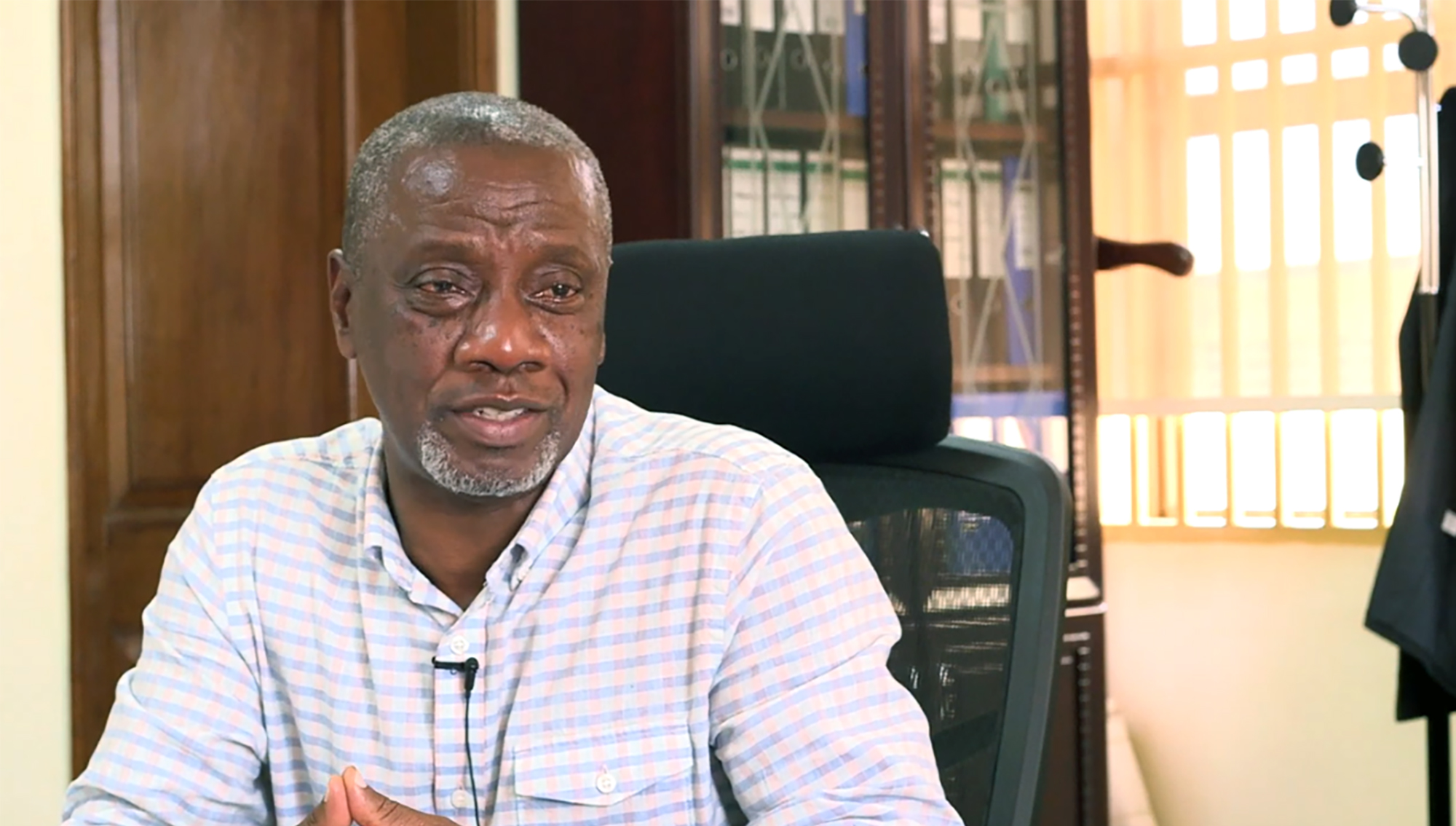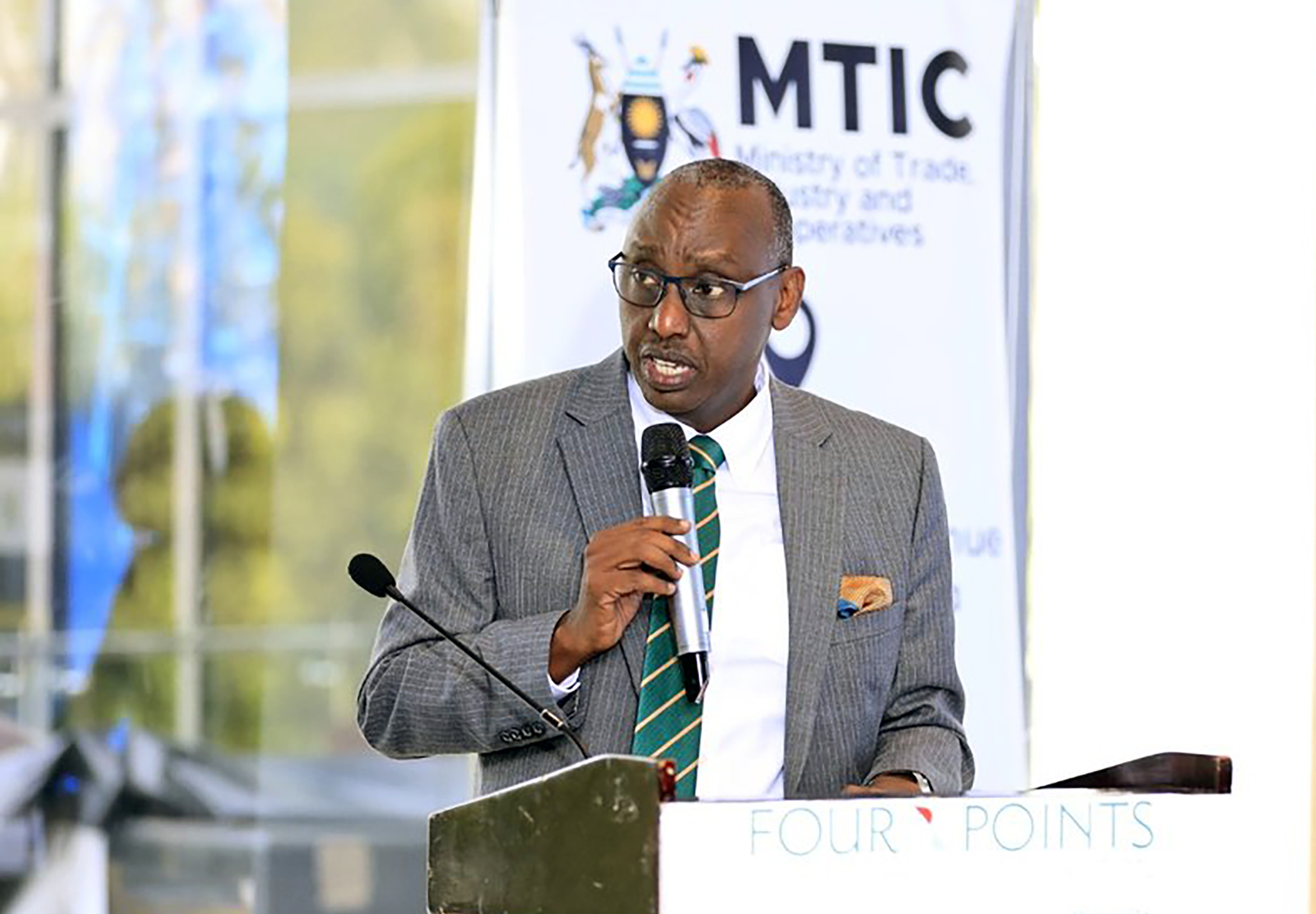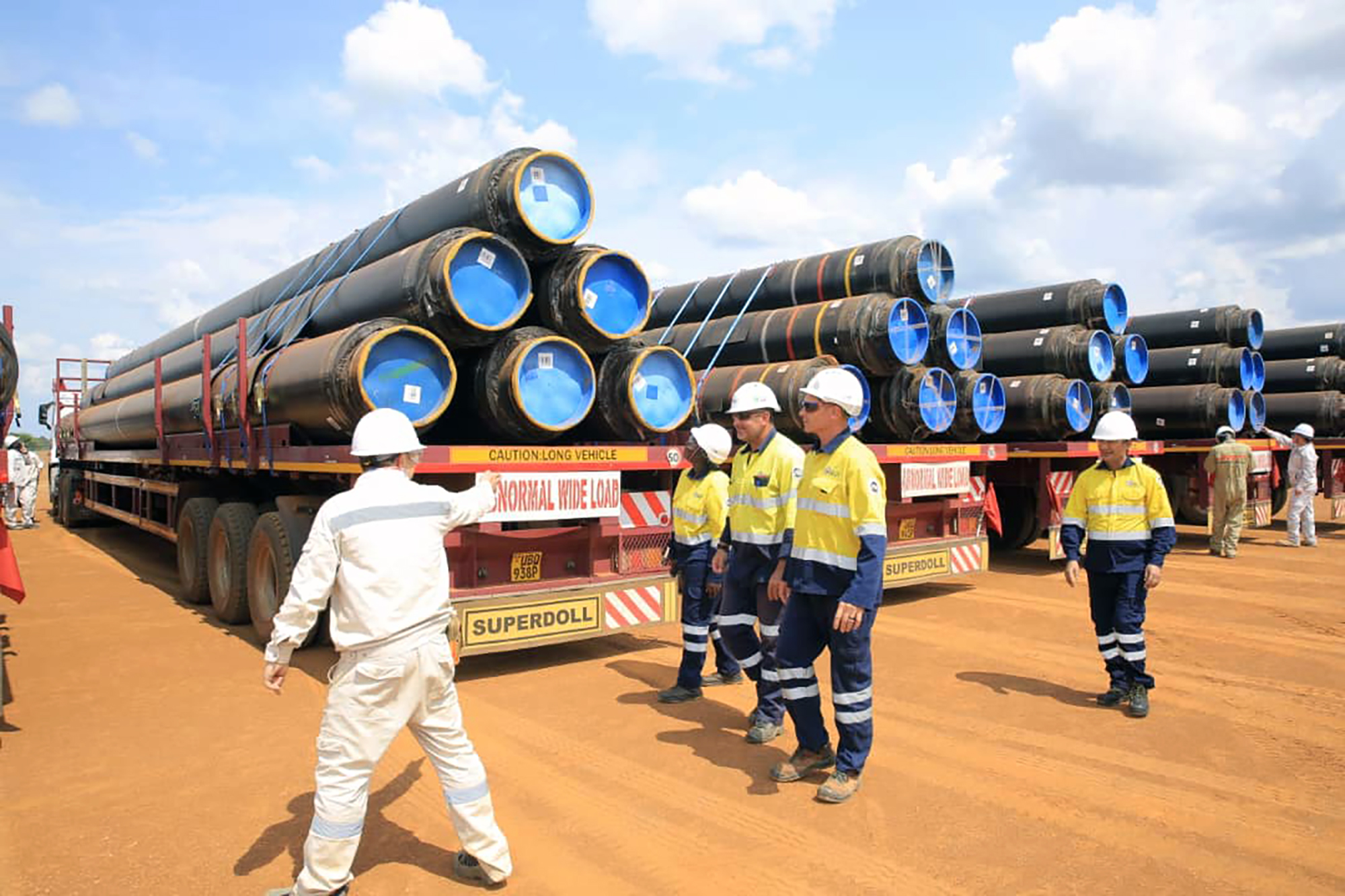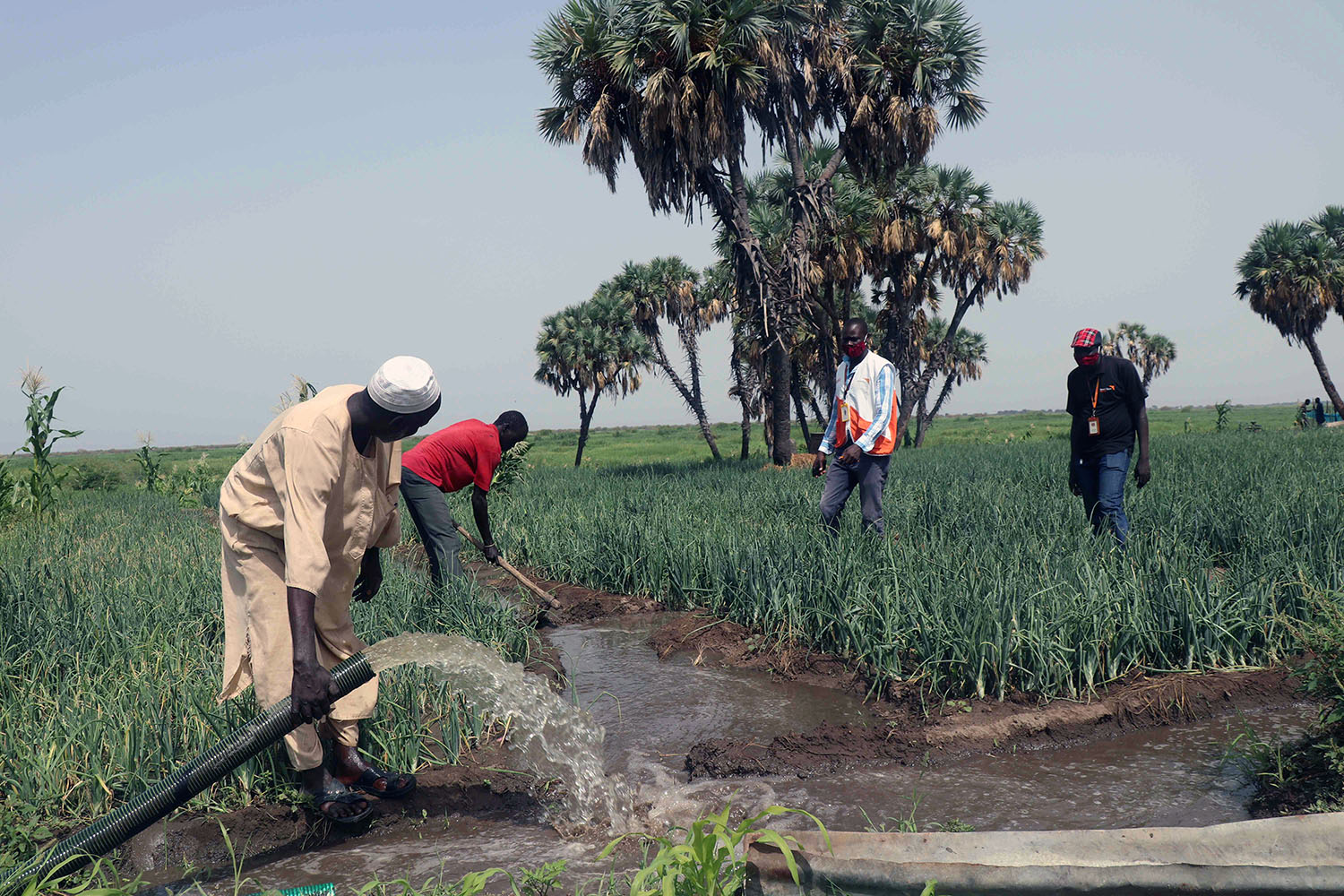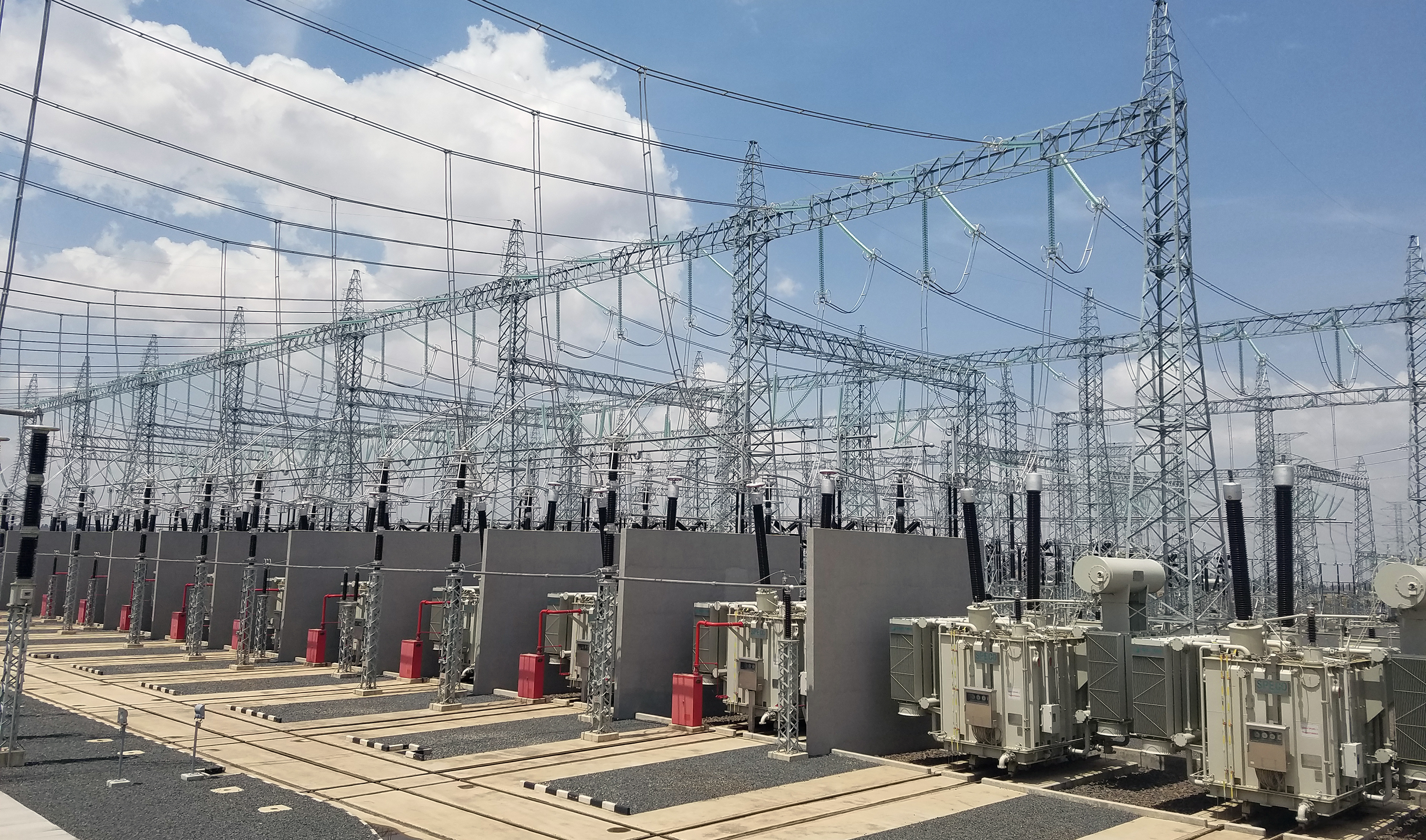Supply chain industry critical to economic development - Omwoha

Mr. Omwoha holds a Master of Science degree and is currently pursuing a PhD in Supply Chain Management.
Mr. Eliud Abasa Omwoha is a Supply Chain and Business Development Specialist, and currently the Purchasing and Procurement Director (Uganda & Tanzania) at Kyosk Digital Services. He spoke to The Business Edge about the pertinent issues in the supply chain industry. Excerpts
Briefly, what is supply chain management and how does it differ from procurement?
Supply chain management is the entire ecosystem from planning, production, value addition and logistics of products or services up to the end user or final consumer while managing the flow of information throughout.
What is your assessment of the supply chain management industry in Uganda currently?
There has been tremendous growth and investments within the logistics landscape by both the government and private sector players. However, there are still serious limitations in terms of efficient options as road transport is still the main mode of transport along the Northern corridor. There is need for investment in rail and the revitalization of the regional and local waterways particularly on Lake Victoria.
How does Uganda compare to our regional counterparts such as Kenya?
Being a landlocked country, Uganda has been greatly deprived of the benefits of having a sea port. This makes it susceptible to external shocks resulting from the disruption of transit flows, cross-border delays through customs procedures, higher cost of transportation, as well as limited transportation modes due to deficiencies in infrastructure and information technology.
To what extent is supply chain expertise relevant to a country’s economic development?
Of what benefit are the right strategies and industries if a country lacks reliable, agile and robust networks that are responsive, cost-effective and efficient to move equipment, raw materials and finished goods? Adequate supply chain expertise is critical to improving productivity, generating new opportunities, improving the balance of trade and attracting technologies into the economy.
Briefly, what does supply chain management practice involve?
The ‘chain’ within the term ‘supply chain’ is primarily all about checking on the linkages from where the process starts in sourcing of raw materials or services to consumption of final products by the final consumer.
This involves supply and demand planning and or forecasting, identification and buying of the right raw materials or input services; production and value addition; logistics management (warehousing and inventory management, carriage services, cross border services etc), sales and customer experience management, information flow and risk assessment, of course with information technology integration.
To what extent is the current education/curriculum in Uganda relevant to the actual market conditions on the ground with regard to supply chain management?
There is an urgent need for the curriculum not only in Uganda but in East Africa as a whole to be re-aligned and focused on the current industry trends. It should focus on practical training and industry engagement, with support from professionals and the alumni associations. I am certain that there are many professionals who are willing to support such a noble cause.
In what ways can companies and organizations cope with the constantly evolving supply chain management and procurement industry?
Companies should be proponents of the Kaizen principle of continuous improvement. The evolution of technology is unforgiving and organizations should invest in IT and business intelligence systems and supply chain management systems that focus on efficiency, data analytics, stakeholder management and integration - customer experience, supplier and vendor management, payment systems, etc.
Ahead of the highly anticipated oil production phase, how can Ugandans position themselves to benefit from the lucrative opportunities presented by the logistics and supply chain industry?
Compliance to the stringent set guidelines on pre-qualification and working within the oil and gas industry is paramount. Various initiatives by the key stakeholders - Petroleum Authority of Uganda; Uganda Chamber of Mines and Petroleum, TotalEnergies, CNOOC - have highlighted the requirement for local content participation within the contracts.
Local companies need to establish consortiums and partnerships based on their competencies as some requirement might be restrictive due to the huge capital required.
. Certification and accreditation opens the way to strengthen the global outlook of supply chain organizations in Uganda as very high levels of compliance and accreditation is required. Highly skilled professionals will be attracted into the country leading to maturity within the sector.
Supply chains especially on the Northern Corridor still constitute a very high cost to the final consumer. What needs to be done to reduce costs?
All countries within the Northern Corridor are members of the East African Community (EAC). There is need for harmonization of regulations and standards across the countries with lower cost aspects to the countries in the hinterland from the port of Mombasa in Kenya. Trade facilitation and elimination of the bureaucratic red tape would go a long way towards cutting costs.
Where do you see the supply chain management industry in the next few years?
‘Africa Has Risen’ is no longer just a catchphrase. Supply chain management as a practice is growing and has been supported by technological advancement and international trade agreements amongst countries and trading blocks.
Within the next five years, with technology advancement, mobile phone and internet penetration, I envision further growth of the industry through various technologies from Artificial Intelligence (AI) and Internet of Things with e-commerce growth and penetration becoming greater even in highly regulated areas such as health. Also, e-Procurement systems will eliminate personal interactions and reduce lead time in most processes.
Your last word?
Supply chain reform and business process re-engineering will only be possible if we have companies that drive supply chain disruptions through innovation and technology advancements. That’s what Kyosk Digital Services has done.
The sooner we embrace the changes and adapt, the easier and better it will be to survive as individuals and institutions. There is need for an appreciation in supply chain and logistics professionals as they play a key strategic role in growth and sustainability of organizations and governments.
This cannot be done by working in silos, but through collaboration and stakeholder engagement and involvement in every step.














